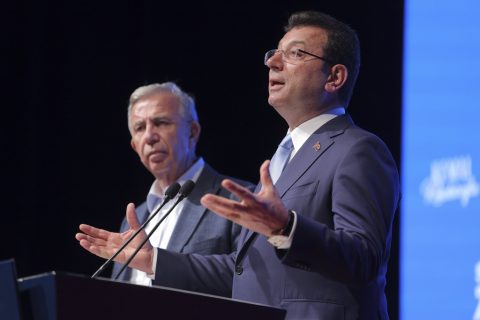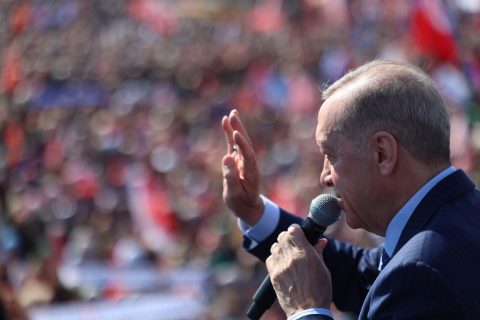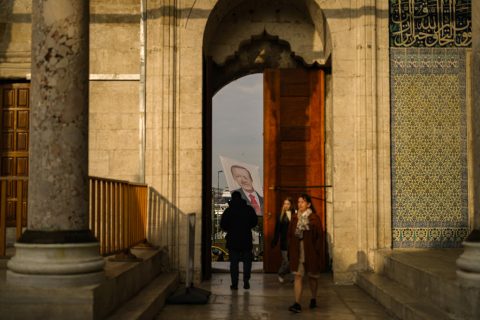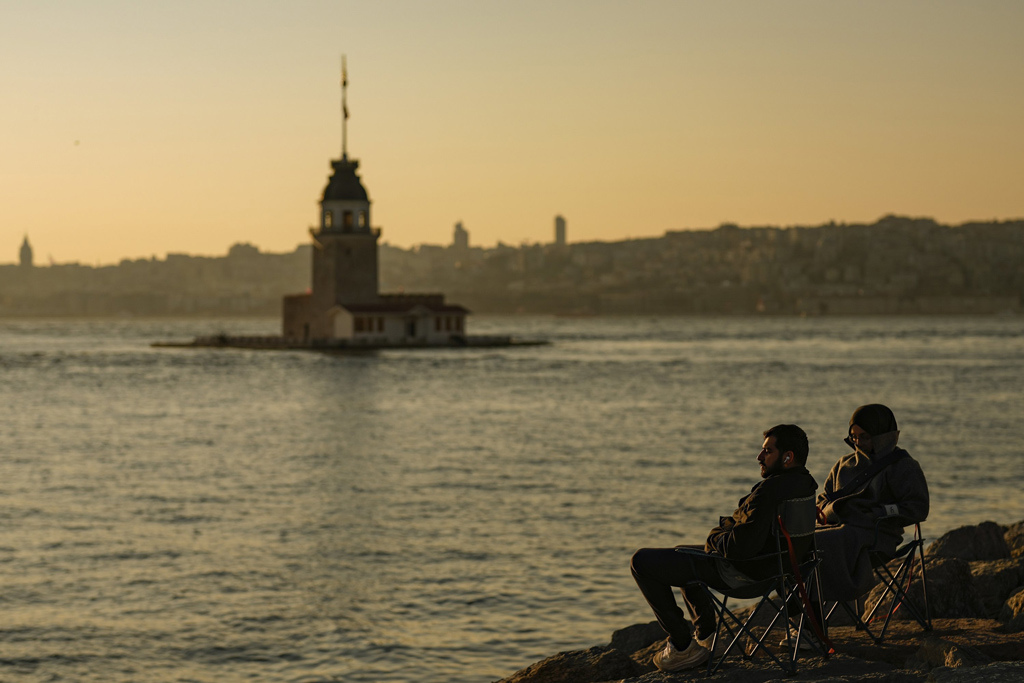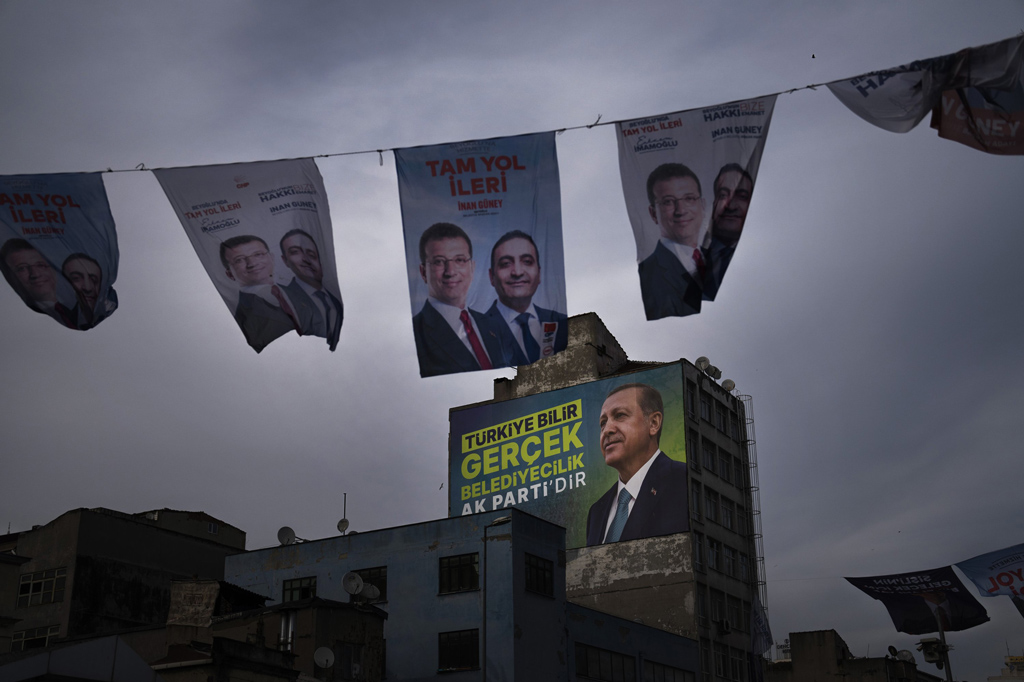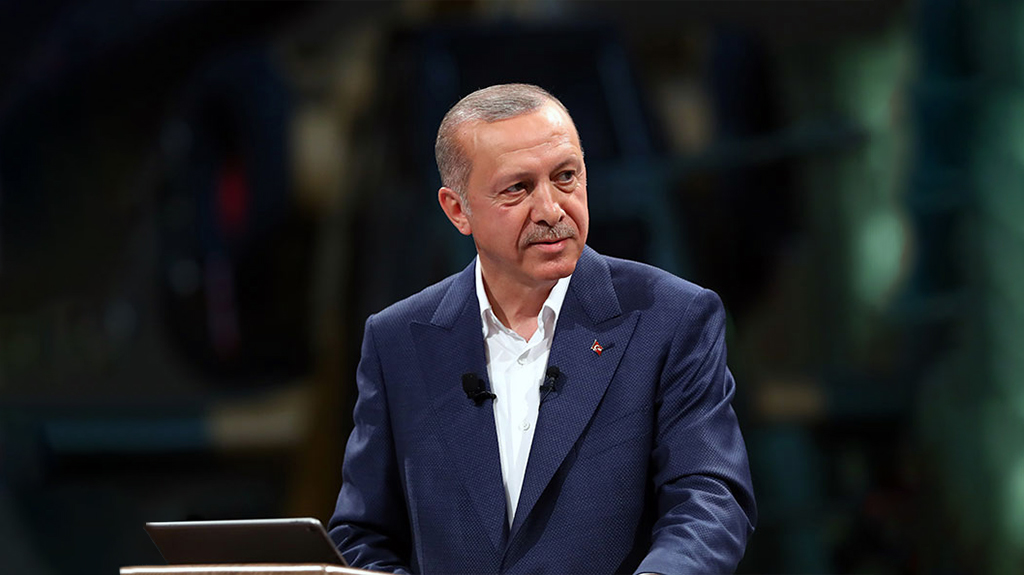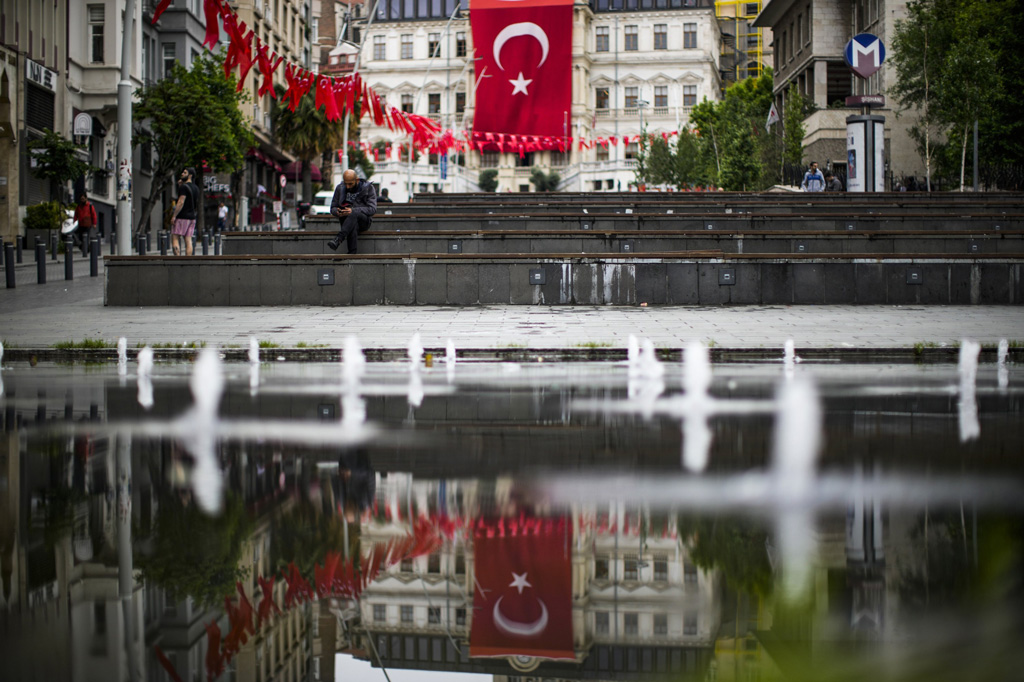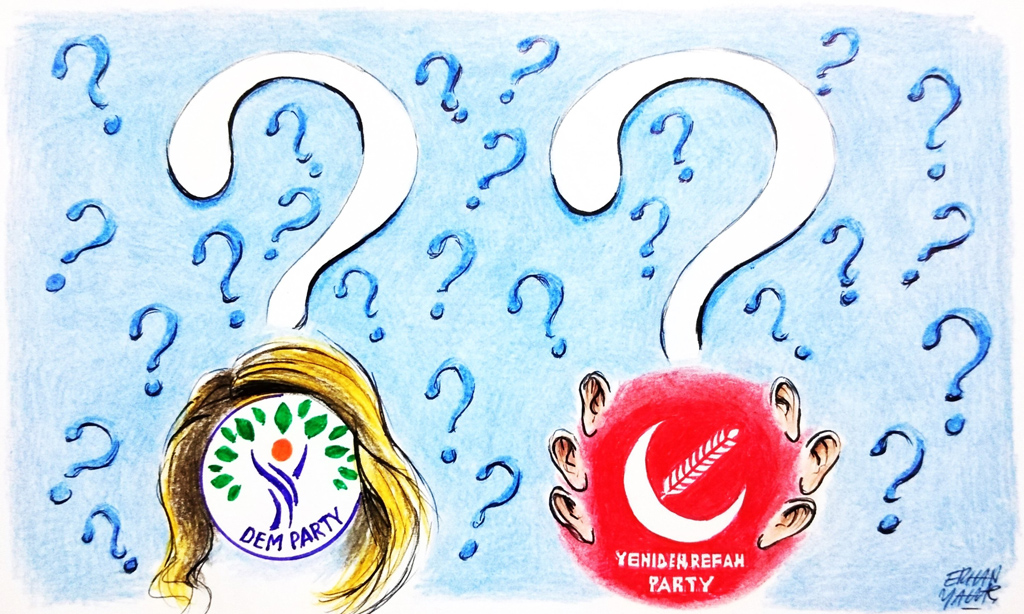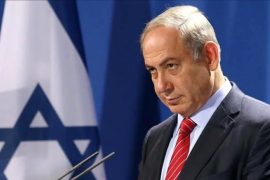Türkiye's Justice and Development Party | AK Party (AK Parti)
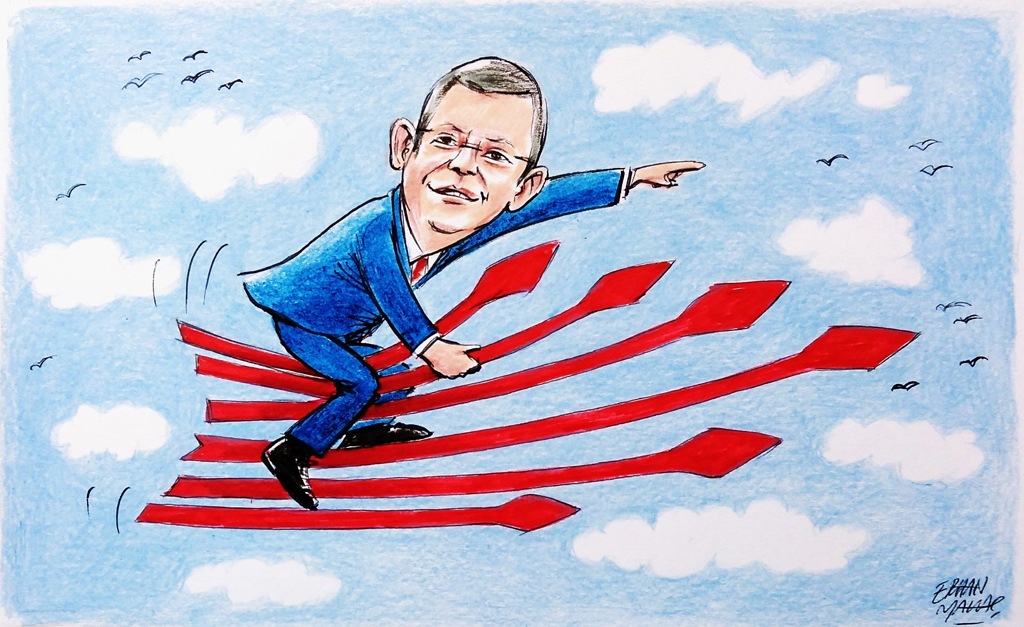
What does CHP want to do?
| OpinionAs Türkiye’s political parties and leaders analyze the municipal election results, it remains unclear what …
-
Opinion
Solving CHP puzzle in new era: Özel, Imamoğlu, Yavaş all emboldened
By Burhanettin DuranAll political parties need to interpret the outcome of the March 31 municipal elections accurately.
-
Opinion
AK Party’s post-local election reckoning and road map for future
By Burhanettin DuranThe framework for the Justice and Development Party's (AK Party) “bold self-criticism” regarding the municipal election has become clear. Describing March 31 as a turning point, President Recep Tayyip Erdoğan reportedly spoke at the party’s Central Executive Committee (MYK) meeting on Tuesday. At that meeting, he stressed that a significant number of voters, who voted for the AK Party in May 2023, did not participate in Sunday’s election.
-
Opinion
Unpacking the AK Party’s 2024 electoral setback
By Murat YeşiltaşOn March 31, the local elections profoundly transformed the landscape of Turkish politics. For the first time since its ascendancy in 2002, the Justice and Development (AK Party) concluded the elections as the runner-up, marking a significant shift in the nation’s political dynamics.
Bu Konuda Daha Fazla
-
Busy post-election agenda awaits Türkiye after local vote
By Burhanettin DuranThe Turkish people elected their mayors and mukhtars on Sunday. In a country where no election is unimportant, we find ourselves surrounded by a public debate over the politics of this new era. In other words, the post-election period will keep us occupied.
-
Key to Turkish election triumph in metropolitans: Ballot box...
By Burhanettin DuranAhead of this weekend’s municipal elections, the People’s Alliance, and the Republican People’s Party (CHP) alike, make the case that there are actually two candidates in each district. The argument that voters should opt for their second favorite if their own party cannot win so that their least favorite candidate does not end up in office is intended to create a “second round” effect.
-
AK Party-led alliance and YRP ties as election nears:...
By Burhanettin DuranWith the municipal election just three weeks away, the relationship between the People’s Alliance and the New Welfare Party ("Yeniden Refah" in Turkish - YRP) becomes more apparent. The most significant development of the current election cycle was the opposition parties, which formed an alliance with the main opposition, the Republican People’s Party (CHP), in May 2023 and decided to field their own candidates.
-
CHP’s contribution to Erdoğan’s local election campaign
By Burhanettin DuranPresident Recep Tayyip Erdoğan’s municipal election campaign rests on two pillars. The first relates to the Justice and Development Party's (AK Party) ongoing success and vision for the future – which its election manifesto highlighted with reference to resilient cities and public services and works. The movement showcased its ability by delivering homes to the survivors of the Feb. 6, 2023 earthquakes earlier this week. That Erdoğan’s administration built 75,000 homes by the disaster’s anniversary and pledged to increase that number to 200,000 by the end of 2024 sent a clear message to the electorate: “The AK Party is great at solving problems, implementing projects and delivering services. No other party can compete with it in those fields.”
-
YRP, YSP’s independent run spurs third-way debate in Turkish...
By Burhanettin DuranFollowing in the Good Party’s (IP) footsteps, the New Welfare Party (YRP) and the pro-PKK Green Left Party (YSP), informally known as the Peoples' Equality and Democracy Party (DEM Party), decided to field their own candidates, as opposed to joining an alliance, for the upcoming municipal election – an emerging trend that creates a political landscape where the "third-way" debate is expected to gain prominence anew.
